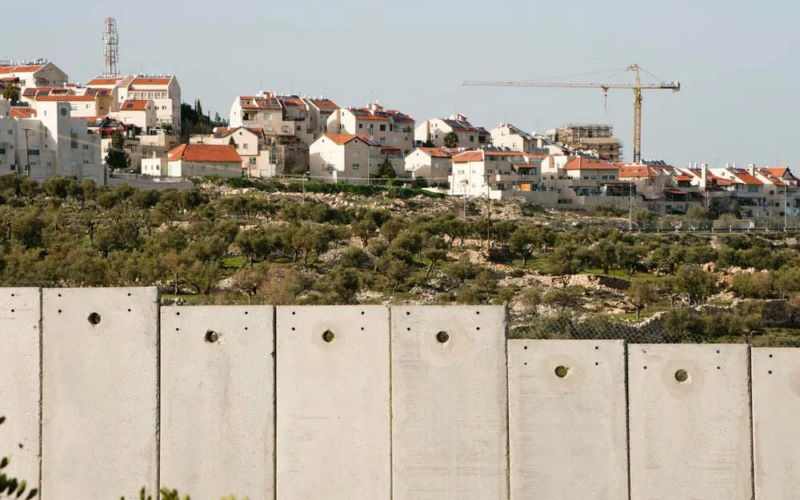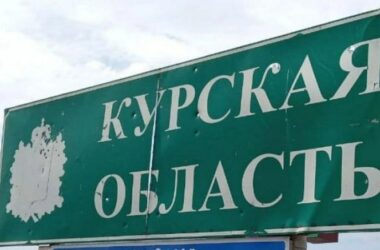In a controversial move that has further inflamed regional tensions, Israel announced plans for a new settlement in the occupied West Bank on Wednesday. The decision comes just a day before critical peace talks aimed at preventing a broader regional conflict are set to take place in Qatar.
Israeli Finance Minister Bezalel Smotrich, a far-right politician and vocal opponent of Palestinian statehood, confirmed the plans for the new settlement, Nachal Heletz, which will be situated in the Gush Etzion settlement bloc near Jerusalem. Smotrich stated that this move was a direct response to actions by Palestinian leaders and countries that have recognized Palestinian statehood.
“No anti-Israel or anti-Zionist decision will stop the development of the settlement. We will continue to fight against the dangerous idea of a Palestinian state. This is the mission of my life,” Smotrich declared, reaffirming his commitment to expanding Israeli settlements in the West Bank.
The announcement has sparked outrage among Palestinians and international observers. The United Nations and most of its member states consider the construction of settlements in the West Bank and other territories occupied by Israel since the 1967 Middle East war to be illegal under international law. However, Israel disputes this, citing historical and biblical claims to the land.
The Palestinian Authority, which has limited self-governance in the West Bank under Israeli occupation, condemned the new settlement plans. They accused Israel of ethnic cleansing through the continued construction of settlements and demolition of Palestinian homes—an allegation that Israel denies.
This latest development adds to the already tense atmosphere in the region, where a war between Israel and Hamas has been ongoing for ten months. The conflict has threatened to escalate into a wider regional war, with Iran and its proxies, including Hezbollah in Lebanon, potentially being drawn into the fray. The situation remains volatile, especially after recent Israeli military actions in Beirut and Tehran.
The international community has repeatedly called for a two-state solution as the path to lasting peace between Israelis and Palestinians. However, with Israel continuing its settlement expansion and tensions escalating, the prospects for peace seem increasingly distant.
As the world watches, the outcome of the upcoming talks in Qatar will be crucial. Yet with Israel’s hardline stance on settlements and the deepening divide between the parties involved, the road to peace remains fraught with challenges.








